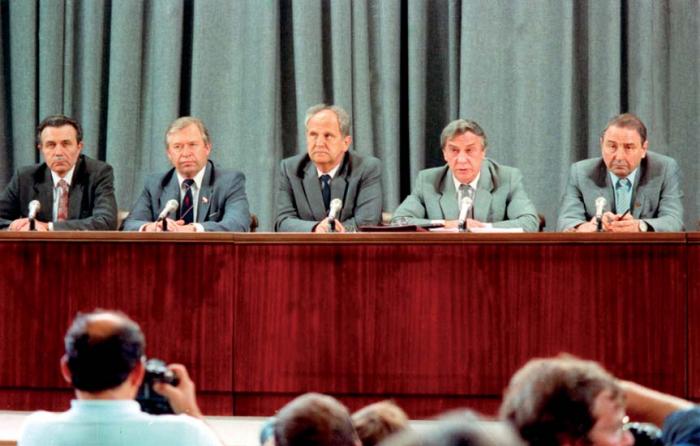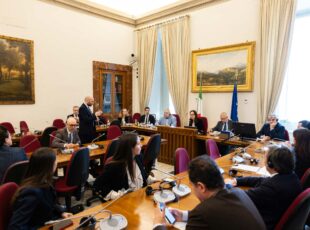The Communist coup of 1991
Mikhail Khodorkovsky
Twenty-five years ago saw the end of the short and inglorious history of the State Emergency Committee, which was the immediate cause of the collapse of my country of birth.

I can talk about this event as someone who spent time in Moscow’s White House on the side of the protesters during the hot phase, but also as someone who wrote a statement to the Frunzensky Regional Committee of the CPSU: “I do not want be in a party that cannot even organise a coup.” I was 28. It sums up the contradiction of my generation –we understood that we couldn’t live like that, but were afraid and didn’t know how to live any other way. Believe me, for those who survived Stalin and the war, the Brezhnev stagnation was happiness; happiness that, like a holiday, cannot last forever (money has a stupid habit of running out).
Life pushed us all into another world. Some made a success of it, casting off the baggage of old, while others clung to the shipwrecked past, guzzling 90s-flavoured seawater. But we emerged from it. All of us. The whole country. The swansong of the departing world was the 1998 crisis. After that, up seemed the only way.
We managed to restart domestic industry (I remember how in 1995 we planned to buy oil products abroad, and by 2000 there wasn’t enough pipeline capacity), achieve recognition for the new Russia in the major international institutions (investors came knocking), and salaries began to almost double every year …
But Russia’s childhood scars did not heal. And the State Emergency Committee was reincarnated in the shape of Putin. The “privileged nomenklatura” returned, throwing money at protecting the regime from its own people to the detriment of education and health, and spreading propaganda that the only alternative to the unchanging kleptocracy was a rerun of the crisis-hit 90s … Utter drivel! Unchanging power always leads to crisis. That’s the nature of the beast.
Wages in Russia are now lower than in China (where power really does change every 10 years), and the country is plunging into an abyss of self-isolation (as all authoritarian regimes do on the home straight); the Kremlin’s main selling point has become: “If not us, then who?”
The end will come, and quickly at that (within the lifetime of my generation). And those who come after us will gaze with wonder at a picture of today’s rulers and ask: “Who are they?”



